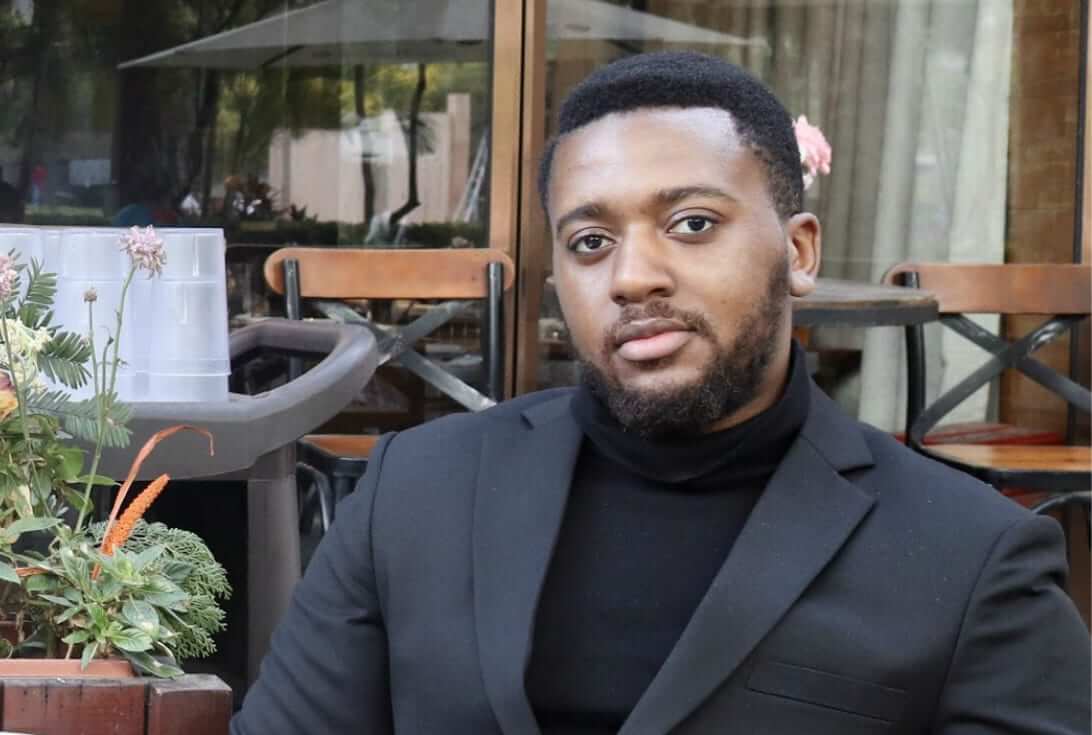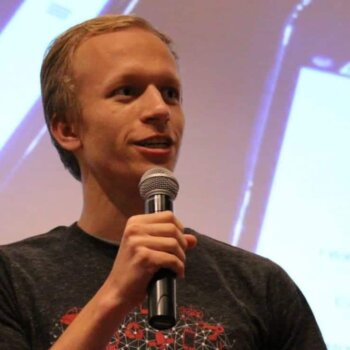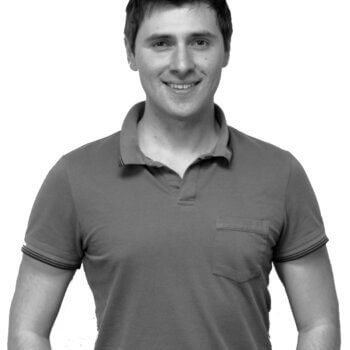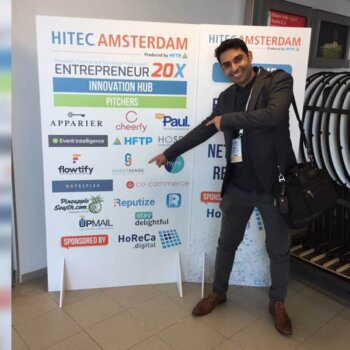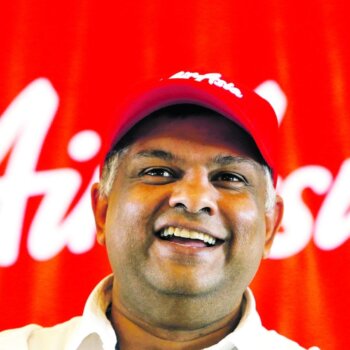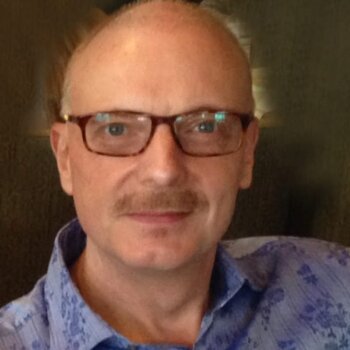Rico Can Manage the Entire Supply-chain Process For Manufacturing Products in China
What’s your story?
I was born in Zambia, Africa. At 10 years old my family migrated to Orlando, Florida, U.S.A., and then eventually moved to Toronto, Canada. The year before I finished college, I stumbled on a YouTube channel called the “Elevator Life” (now called “Enter China”). I ended up watching all of their 100+ videos in the space of a week. I found them super relatable. It felt like the people in the videos were just like me and my friends, and it gave me the belief that I could do what they were doing. So I decided to move to China and start a business. I had nothing to lose. Worst case, I come back to Canada and get a 9 to 5 job. During the summer after graduation, I saved up some money and moved to Guangzhou, China in September 2014.
What excites you most about your industry?
It’s amazing how much effort goes into creating the most simple products we consume. That’s the most interesting and exciting thing for me about my industry.
When I started the company, we were making toys that we shipped to Canada. The process, from a supply-chain perspective, is that you have a client who creates a 2D concept of a toy that becomes a 3D CAD drawing, done by a designer, then a sample toy is created by a 3D-printer.
The sample is then forwarded to a factory that has 50,000 employees, and a handmade sample toy is produced by their engineer. Next, a mold is created after the sample is approved, then multiple iteration samples are formed, to get it right. Only after this very involved process does it go into mass production, with multiple quality inspections during and at the end of production. The toys are then shipped, by freight companies, to the US and Canada, where they might eventually end up in the toilet of a 6-year old kid who has no idea about any of that!
What’s your connection to Asia?
I have been connected to Asia from a very young age. My first connection to Asia was the same as most kids born in the ’90s, watching Bruce Lee and martial arts movies. I was also a big fan of the Power Rangers and a Cartoon Network show called Samurai Jack. So I already had a natural fascination with Asia.
My first time traveling to Asia was when I was 8 years old. We took a family vacation to Bangkok, Thailand and Hong Kong. I was fascinated by everything that I saw and loved the experience. My first time on a roller coaster was at Ocean Park in HK. I loved the food and the colorful lights at night. I’ve been to New York and London but the Hong Kong skyline is something special.
I revisited Hong Kong and Bangkok when I was 16 years old. It was then that China became a fascination for me, from a business standpoint, with its lower cost of living, and as a hub for traveling to multiple countries in Southeast Asia.
Favourite city in Asia for business and why?
My favorite city is Guangzhou, China because it’s where I started. We have an office there, employees, a great network for business, and we know the markets in and out. The second city would be where I am now, in BGC, Manila, Philippines because it’s helped me expand my company a lot. I’ve gotten a lot of new clients and have been able to start a second business in this location. I’ve also built up a Content Marketing team of highly educated and skilled local talent. The entrepreneurs I meet in Manila, in general, are just a level up from Guangzhou.

What’s the best piece of advice you ever received?
One of the best pieces of advice was from my Dad. About 1-2 years into starting Source Find Asia, I was 24 at the time, and I took my parents to a fancy dinner, paid for the whole thing, and at some stage, asked my Dad what he thought about my progression.. He said, “It’s good. You have a good start to your business. One of the mistakes that an entrepreneur makes is they work hard and make money quickly. And it gets to a point where they get lazy and complacent.” He cites examples of situations from people that I personally know, and then added, “As long as you do exactly what you have been doing, you’ll be fine.” – I was relieved…
Another one was from Nick Ramil. A few months into starting my company we were trying to add a bunch of services that weren’t really related to our core competencies. Nick said, “This is a mistake a lot of founders make. You start something, you start to make money from it, and then you think, ‘How can we add this?’ ‘How can we pivot here, pivot there?’ and then you spread yourself thin. You don’t master your craft and you become mediocre.”
He added, “Dude, focus on being the best f*cking sourcing company on the planet. Do that for the next 4 to 5 years or more. Do that until you get to the stage where you’re a full-blown guru at this. Build yourself out of the day-to-day grind and you should be making enough money to either hire people to manage the business, to add additional services, and expand the scope of what you do.” I listened. If it weren’t for that advice, I wouldn’t have been able to live the lifestyle I have now.
Who inspires you?
This is really a hard question. I have difficulties picking one. But, Tim Ferriss is definitely up there. The 4-Hour Work Week created the basis for how I structured my business, how I think about business, and what success actually means.
Nick Ramil, from Brinc.io, one of my mentors. He helped me tremendously over the years. Seeing his accomplishments and investments in China and Hong Kong with manufacturing inspired me. He was also one of the hosts of a Youtube video I watched after college.
Andy Church, from Insight Quality, another mentor of mine. The way he set up his business in terms of remote systems, basically having two teams that are self-sufficient within China, and managing the company from the US, became a blueprint for how we operate now with me managing our Guangzhou office while living in Manila.
Lastly, my Dad. He was born in the Capital of (Lusaka) Zambia, and grew up in a village. He helped put his younger siblings through school while he was in college, and then basically, willed his way to making millions of dollars by computerizing the banking industry in Zambia. Considering the circumstances of how he grew up, and the lack of opportunities, versus what he actually accomplished, seems really crazy to me. Also, seeing my parents run companies my whole life, normalized the idea of running a company, and is the main reason why I started so young.
What have you just learnt recently that blew you away?
I am currently involved in exporting COVID-19 medical supplies around the world. Being affected by and seeing the inner workings and geopolitical issues between the US and China is frustrating but also fascinating. The laws are changing constantly because they are fighting each other, trying to jockey for global dominance. Seeing how that can affect you personally, from a health and business standpoint, when 6 import/export policy changes happen between countries within 3 weeks – has just blown me away.
If you had your time again, what would you do differently?
I don’t think I would do anything differently. I don’t have any regrets when it comes to business, as long as the mistakes that I make don’t kill my company. I basically deal with them in the moment, re-evaluate what happened, improve our systems, and keep moving forward. I don’t dwell on the mistakes and don’t revel in the success for too long.
How do you unwind?
I unwind through meditation, Netflix, and socialising. Muay Thai has become a passion, though it is impossible right now due to the lockdown. I also listen to 2-6 hours worth of various types of podcasts each day. I also unwind at a men’s Lounge and Spa called “The Refined.” I usually go there to get a haircut, manicure, pedicure, and a massage. It’s also a great place to meet other entrepreneurs and some of my clients. I’ve made some close friends through this channel.
Favourite Asian destination for relaxation? Why?
It changes all the time. But, my favorite place right now for relaxation, is Boracay, Philippines. After they closed it for 6 months to clean it up, there’s a really great balance between a world-class beach with serene, crystal-clear blue water, and a bunch of lively beach bars and clubs. There’s another beach there called “Puka” beach with the whitest sand. It’s sort of like having your own private beach. Because of the distance, nobody really goes there and you can choose however you want to spend your vacation there. If you want to read a book on the beach, you can do that. If you want to go kitesurfing or diving you can do that, and if you want to party with random locals and tourists for three days, you can do that, as well.
Everyone in business should read this book:
Has to be ”The 4-Hour Work Week: Escape 9-5, Live Anywhere, and Join the New Rich,” by Timothy Ferriss.
Especially in this current climate, where everybody is forced to work from home. My company was lucky because we actually started specifically implementing remote work systems 9 months ago. By the time COVID-19 happened, this system was normal to us. But the tools and the mentality came from “The 4-Hour Work Week.” I have been systemizing the business from the first day we started. On top of that, when you read “The 4-Hour Work Week,” it introduces you to a world of other books that are connected to it. If you have read some of the older books like Napoleon Hill’s, “Think & Grow Rich, you immediately see the book’s connection to “The 4-Hour Work Week,” where, it seems, the business mindsets came from, as well as some of the thought processes in the book. I think, in 2020, every entrepreneur should be absorbing some of the tenants of this book.

Shameless plug for your business:
Source Find Asia is a manufacturing-consulting company, especially if you want to make something in China. We connect you to the factories that we manage. We go through the entire supply-chain process from finding your suppliers, to managing your productions, to quality control inspection, up to shipping management. On top of that, we release weekly Youtube videos (SourceFindAsia) and a weekly Podcast called “Made in China Podcast” – where we talk about entrepreneurship, business in China, and a little bit of lifestyle, as well.
How can people connect with you?
The best way to reach us is through our website’s Contact Us page
You can also email me directly through [email protected]
Our Instagram and Facebook handle is @sourcefindasia
—
This interview is part of the ‘Callum Connects’ series of more than 500 interviews

Callum Laing is an entrepreneur and investor based in Singapore. He has previously started, built and sold half a dozen businesses and is now a Partner at Unity-Group Private Equity and Co-Founder and CEO of MBH Corporation PLC. He is the author of three best-selling books ‘Progressive Partnerships’, ‘Agglomerate’ and ‘Entrepreneurial Investing’.
Connect with Callum on Twitter and LinkedIn
Download free copies of his books at www.callumlaing.com
